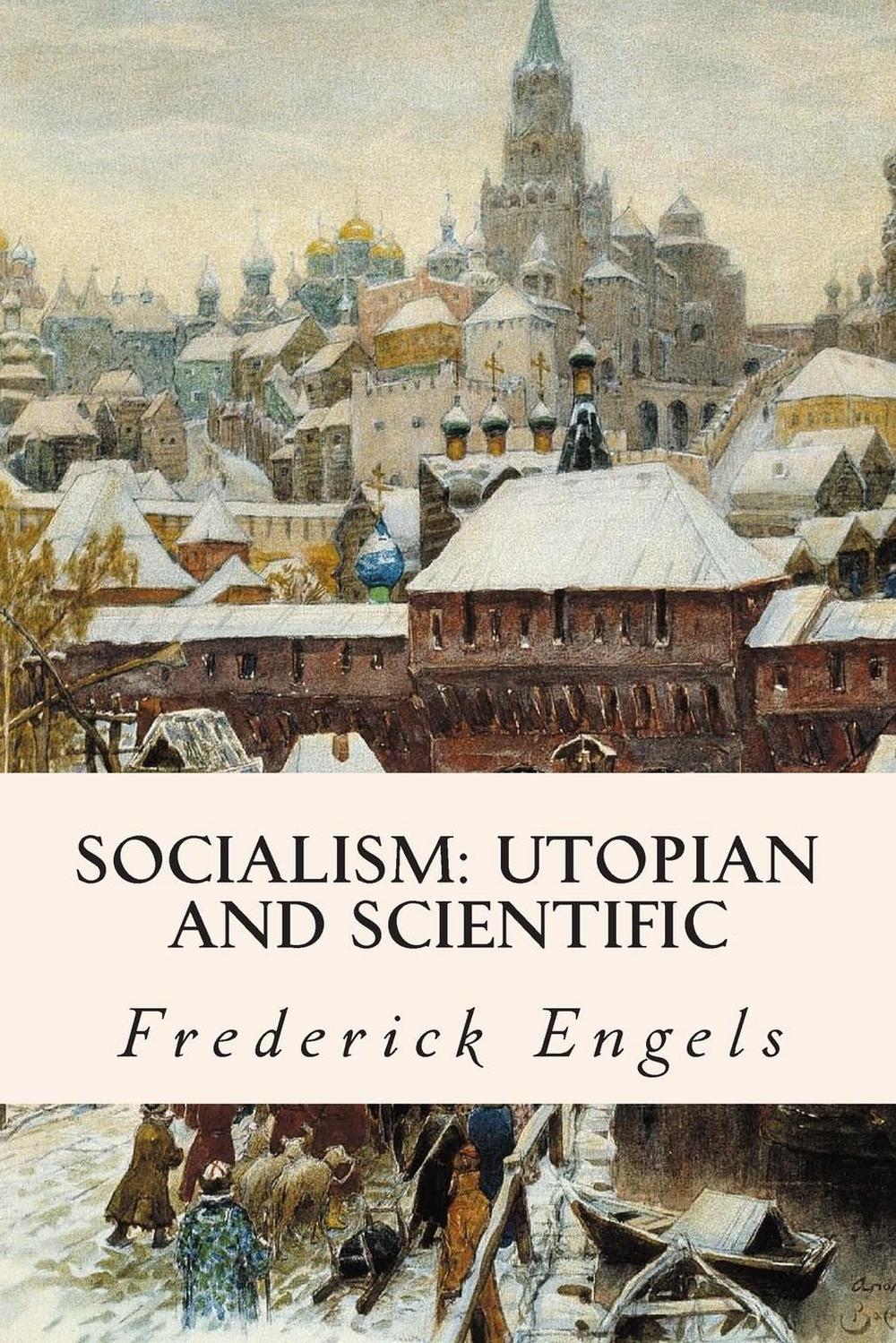
Opposed to the idea of all being equal, Engels maintains his view that there exists two distinct classes and that one is better than the other.


So Engels comes back to the opening The Communist Manifesto by stating that it was a great “discovery” of Marx’s is that history can be boiled down to a statement of class struggle. It is rather dependent upon dialectic materialism, though Engels is at a loss to say what dialectic means, let alone his (and Marx’s) particular interpretation of the word. Though this is a rather idiosyncratic use of the word ‘scientific’. The rest of the book is dedicated to the other half of the title: Scientific Socialism. It is a socialism that is borne out of compassion, where all people are seen as and treated as equal. I’ve yet to read any of Owen’s work, though what little reading I have done around him (a little knowledge is a dangerous thing!) indicates to me that his motivations were far more similar to those that I knew when I lived and worked around the old mining towns of the north-east, whose input into my life have helped shape my socio-economic-political views. Engels states that Owen’s motivation, that of creating a better society, is flawed, that it is utopian and that instead another model must be sought. In particular he looks at the style of socialism advocated by Robert Owen, whose influence upon socialism, communism, the early labour movements and the trade unions cannot be understated. Getting onto the main substance of the book, Engels looks at what he refers to as Utopian Socialism. It remains a caricature of (predominantly) christian belief that is asserted, but not evidenced. If we put that aside for a bit and look at the points Engels is trying to make, it becomes clear that his idea of religion is little matured from when he co-wrote The Communist Manifesto. It is not an argument as such, as there is no real reasoning put forward other than an appeal to a few named philosophers (including Hobbes and Hegel). Specifically, it is a statement of materialism’s superiority as an idea than anything that any religion has produced.

The lengthy introduction is largely about materialism. One might be hard pressed to call it a book in its own right, as it is more of an extended pamphlet, running to a little under 70 pages long even then the introduction takes up over a third of its entire length! For the sake of familiarity, I will choose to continue to call it a book. This work was written much later in Engels’ life, and as such represents his more mature view, having noted that his contribution to the earlier two works took place when he still relatively young.

This is the third and final work in a single volume which also contains The Communist Manifesto and The Condition of the Working Class in England in 1844.


 0 kommentar(er)
0 kommentar(er)
